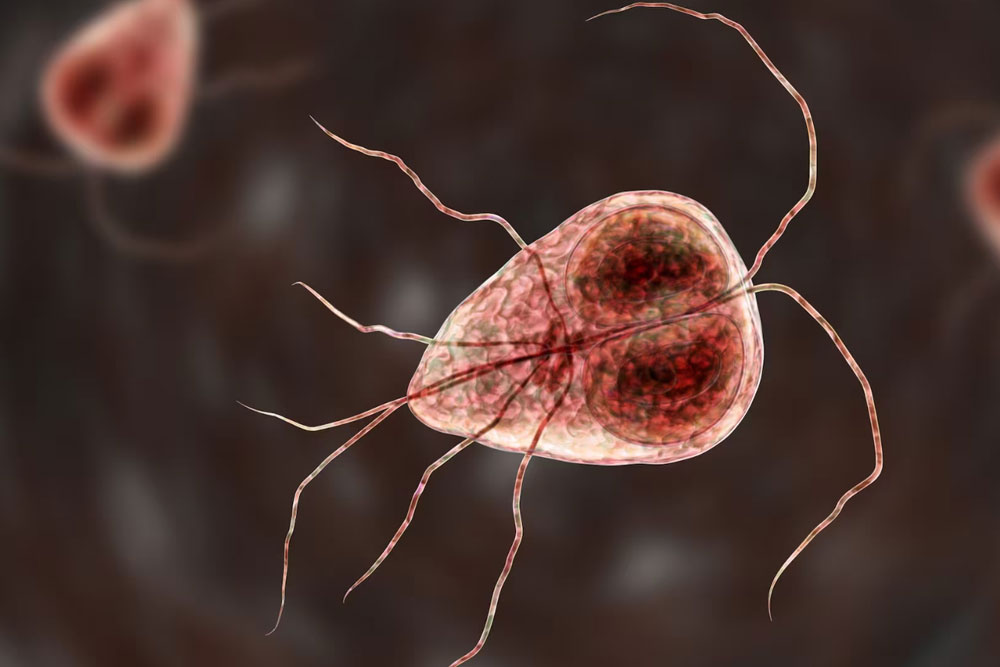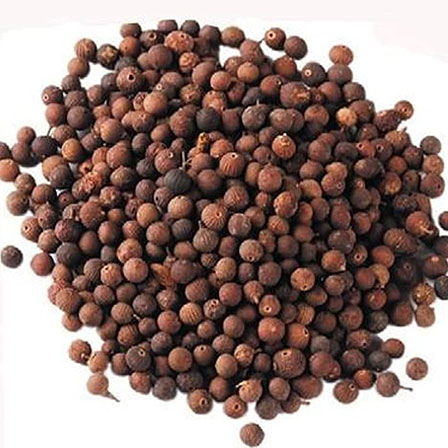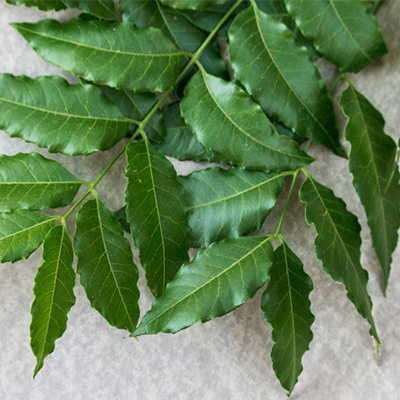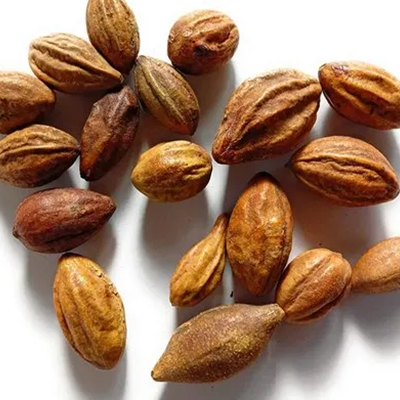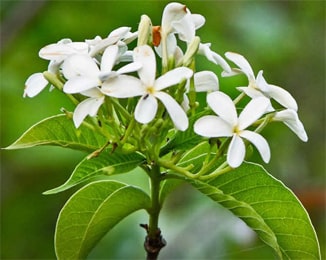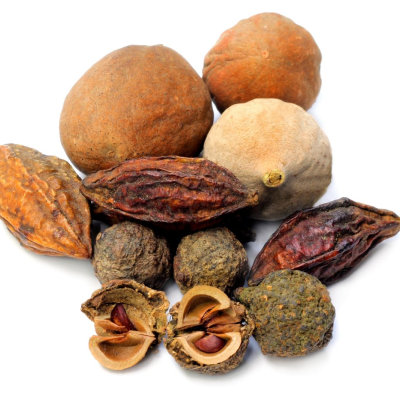Giardiasis is an intestinal infection caused by the Giardia lamblia (also called Giardia intestinalis or Giardia duodenalis) parasite. It is one of the most common waterborne parasitic infections worldwide. The infection primarily affects the small intestine and can lead to gastrointestinal symptoms.
The infection occurs when Giardia cysts are ingested. The cysts transform into active forms (trophozoites) in the small intestine and multiply, disrupting digestion.
1. Sources of Infection:
- Contaminated Water: Drinking or swimming in water contaminated with Giardia cysts.
- Contaminated Food: Eating food prepared by an infected person or washed with contaminated water.
- Person-to-Person Contact: Close contact with an infected individual, such as in childcare centres.
- Animal Contact: Contact with infected animals or their faeces.
2. Transmission:
Faecal-oral route through ingestion of contaminated cysts.
Symptoms of Giardiasis
Symptoms typically appear 1–3 weeks after exposure and can range from mild to severe:
1. Digestive Symptoms:
- Diarrhoea (often watery or greasy with a foul odor)
- Abdominal cramps and bloating
- Nausea and vomiting
- Flatulence (excessive gas)
2. Systemic Symptoms:
- Fatigue
- Weight loss
- Malabsorption of nutrients (e.g., fat, lactose, vitamin A, and B12)
3. Chronic Symptoms (if untreated):
- Persistent diarrhoea
- Malnutrition
- Growth and developmental delays in children.
Risk Factors for Giardiasis
1. Environmental Risk Factors:
- Drinking untreated water (e.g., from lakes, streams, or wells).
- Poor sanitation and hygiene practices.
2. Demographic Risk Factors:
- Children in day-care centres.
- Travelers to areas with poor sanitation.
3. Immune-Related Risk Factors:
- Weakened immune systems (e.g., HIV/AIDS, chemotherapy).
- Individuals with reduced stomach acid (due to medications or conditions).
Complications of Giardiasis
If left untreated, giardiasis can lead to:
1. Nutritional Deficiencies:
- Malabsorption of fats, carbohydrates, and vitamins.
- Iron deficiency anemia.
2. Growth Delays in Children:
- Chronic malnutrition affects physical and cognitive development.
3. Dehydration:
- Severe diarrhoea can result in fluid loss and electrolyte imbalance.
4. Chronic Giardiasis:
- Persistent gastrointestinal symptoms lasting for weeks or months.
In Ayurveda, giardiasis can be correlated with Krimi Roga (parasitic or worm infections) and Agnimandya (weakened digestive fire). The infection is caused by an imbalance of Vata, Pitta, and Kapha, leading to the accumulation of Ama (toxins) and vitiation of Rakta dhatu (blood) and Purisha vaha srotas (intestinal channels).
Ayurvedic Treatment for Giardiasis
Ayurveda emphasizes detoxification, strengthening digestion, and eliminating parasites naturally.
1. Detoxification (Shodhana):
- Virechana (Purgation): Clears toxins and balances Pitta dosha.
- Langhana (Fasting): Reduces Ama and aids digestion.
Formulations for Parasites:
- Krimi Mudgara Rasa: Specific for eliminating intestinal parasites.
- Kutaja Churna: Treats diarrhea and strengthens digestion.
- Panchanimbadi Churna: Balances Pitta and Kapha, aiding in parasite elimination.
Dietary Recommendations:
Foods to Include:
- Light, easily digestible meals like rice gruel, moong dal soup, and boiled vegetables.
- Spices like turmeric, ginger, cumin, and fennel to enhance Agni.
Foods to Avoid:
- Heavy, oily, and spicy foods
- Raw or undercooked foods that can carry parasites.
Lifestyle Modifications:
- Maintain personal hygiene and clean surroundings.
- Avoid untreated water and eat freshly prepared meals.
- Practice stress management techniques like yoga and pranayama.
Herbal Remedies:
Vidanga (Embelia ribes):
Anti-parasitic and digestive stimulant.
Neem (Azadirachta indica):
Antimicrobial and blood purifier.
Haritaki (Terminalia chebula):
Improves digestion and eliminates toxins.
Kutaja (Holarrhena antidysenterica):
Effective for diarrhea and intestinal infections.
Triphala:
Regulates bowel movements and enhances immunity.


